7 Mind-Blowing Japanese Superstitions That Will Shock Foreigners
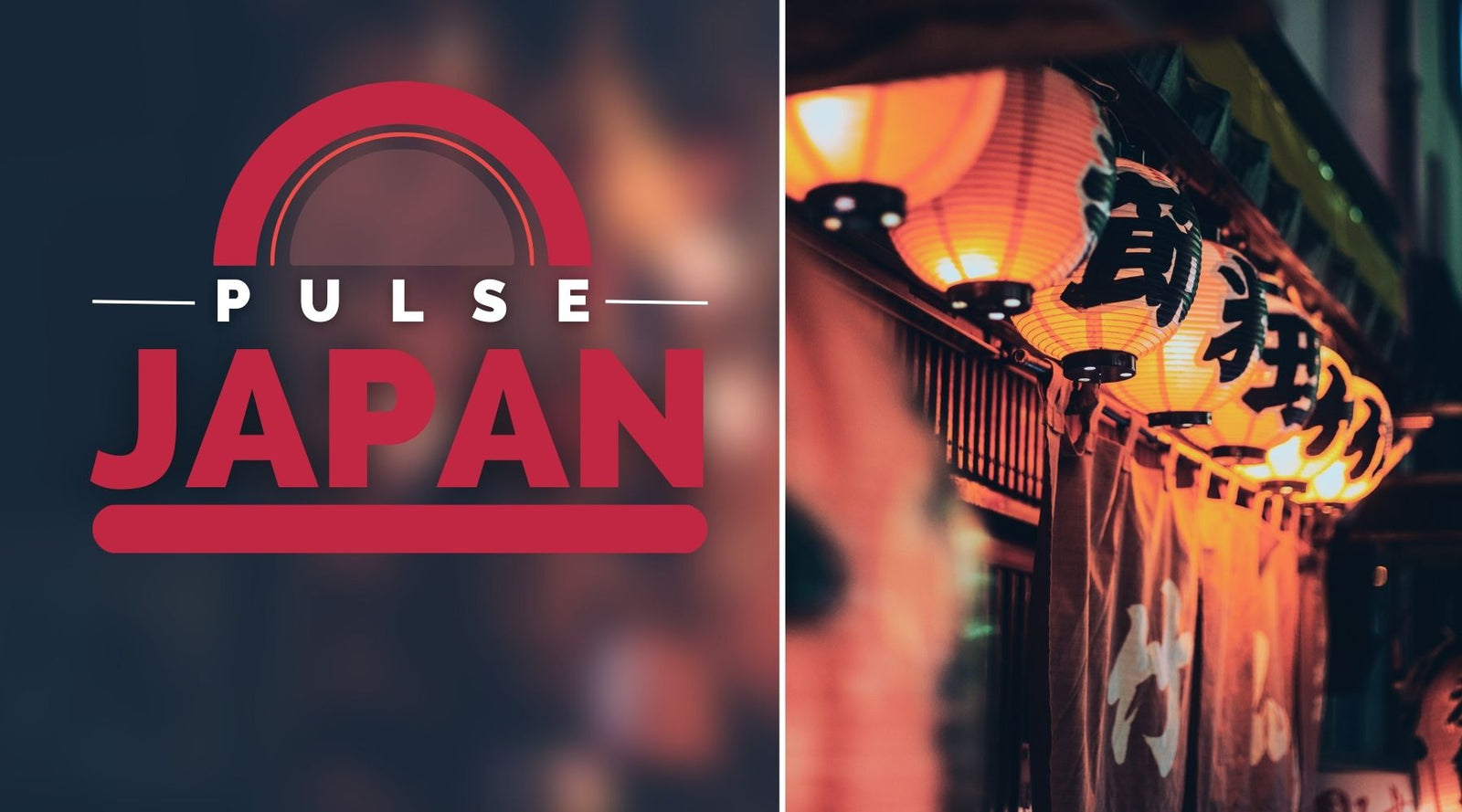
Japan, a land where modernity blends seamlessly with tradition, is shrouded in a fascinating tapestry of superstitions that permeate everyday life. These beliefs, some dating back centuries, continue to hold sway over Japanese society.
Understanding these superstitions isn't just quirky trivia; it's a window into the cultural fabric of Japan. For foreigners, grasping these nuances can enhance travel experiences, improve social interactions, and foster deeper connections with Japanese friends and colleagues.
The Cultural Weight of Superstitions
Superstitions in Japan are more than just old wives' tales—they're woven into the country's very being.
From the architectural designs of buildings to the tiny rituals people perform daily, these beliefs exert a subtle yet powerful influence. The number 4, for instance, is avoided like the plague due to its eerie phonetic similarity to the word for death, "shi" (JapanSwitch).
This aversion shapes decisions like choosing a hospital room or a hotel floor, where 4 is seldom seen.
A Need for Awareness
For foreigners, being oblivious to these superstitions can lead to unintended faux pas. Whether you are doing business in Japan or simply exploring its cultural landmarks, knowing what to do—or avoid—can make a lasting positive impression.
Imagine sharing a meal with your Japanese hosts and unknowingly sticking your chopsticks upright in rice. To you, it might seem inconsequential, but to them, it evokes funeral imagery and discomfort (Wikipedia).
A Glimpse at What’s To Come
Curious already? You should be. Japan's superstitions are a mix of spiritual, practical, and sometimes whimsical beliefs that can leave a lasting impression.
We’ll delve into the more perplexing ones like hiding your thumbs when a hearse passes by—a gesture meant to protect your parents from an untimely fate (Tokyo Weekender).
We'll explore the esoteric world where objects are believed to possess spirits, leading to practices as elaborate as doll funeral ceremonies (Sakura House). Not to mention the hairy ordeal of cutting your nails at night, believed to spell your doom.
As we embark on this mystical journey through Japan's superstitions, remember that these beliefs are more than just historical relics. They offer valuable insights into the heritage and philosophy that shape this remarkable society.
So, buckle up as we navigate through the surreal and sometimes eerie landscape of Japanese superstitions, and get ready to be both enlightened and entertained.
1. The Curse of the Number 4
Explanation of why 4 is considered unlucky in Japan
If you're new to Japan, you may be surprised to learn that the number 4 is considered majorly unlucky. And it's not because it makes for awkward fractions! The superstition stems from the fact that the number 4, pronounced "shi," sounds eerily similar to the word for death ("shi" as in 死) in Japanese. This linguistic quirk has given the number a dark connotation, much like the infamy of the number 13 in Western cultures.
Impact on building designs and hospital room numbers
The fear of the number 4, known as tetraphobia, goes well beyond individual unease; it permeates everyday life in Japan in tangible ways.
For one, you'll find that many hotels and hospitals skip the fourth floor entirely, marking elevators with floors 3, 3A, and 5 instead. In the maternity ward, room number 43 is a complete no-go, as it can be interpreted as "stillbirth" ("shizan" in Japanese) Wikipedia.
However, it's not just public buildings that dance around the dreaded digit. Many Japanese people will go out of their way to avoid giving gifts in groups of four. Opt for three or five instead, unless you enjoy the prospect of glaring, polite smiles that scream "thanks, but no thanks."
Comparison with Western superstitions about the number 13
When it comes to numerical phobias, Japan's tetraphobia might make the West's triskaidekaphobia (fear of the number 13) seem like small potatoes. While some Western buildings skip the 13th floor or rooms numbered 13, these decisions are often seen as mild quirks rather than strict requirements. In contrast, the Japanese aversion to the number 4 is ingrained deeply in the culture, to the point where it's uncommon to find any significant references to it in elevators, hospitals, or even phone numbers Quora.
Japan’s deep-rooted aversion to the number 4 might leave you scratching your head if you're unfamiliar with it. But once you comprehend the cultural and linguistic underpinnings, it becomes evident why this superstition holds such sway.
Next time you're in Japan, avoid gifting items in sets of four and steer clear of fourth-floor accommodations. You wouldn’t want to risk a curse, now would you? And speaking of curses—let’s dive next into another perplexing practice involving thumbs and hearses. You don't want to miss this!
2. Hiding Thumbs from Hearses
A Curious Gesture
Imagine walking down a peaceful Japanese street, and a hearse drives by. Suddenly, you see people around you balling their hands into fists, hiding their thumbs. It may seem odd, but this peculiar behavior is deeply rooted in Japanese superstition. This fascinating practice is all about protecting one's parents from death.
The Thumb-Parent Connection
The word for "thumb" in Japanese is "oya yubi" (親指), where "oya" means parent and "yubi" means finger. Thus, the thumb is considered the "parent finger."
When a hearse passes, hiding your thumb inside your fist is believed to shield your parents from death. This gesture is seen as a protective measure, almost like making a magical shield with your hand to fend off bad omens Wikipedia.
Cultural Significance
The act of hiding thumbs when seeing a hearse runs deeper than just a quirky habit. It reflects the profound respect and sense of duty that the Japanese have towards their family, especially parents.
The fear of losing one's parents can be so overwhelming that it has led to this physical manifestation of concern. While modern science may not back this superstition, it remains a comforting ritual for many.
Moreover, this belief highlights the Japanese attention to detail and mindfulness. By incorporating such acts into daily life, they maintain a constant bond with cultural heritage and familial responsibility.
Modern-Day Relevance
While it might be a dying tradition among the younger generation, the superstition still finds its place in contemporary Japan. This small gesture is part of a broader tapestry of customs and beliefs that define Japanese culture.
It stands as a testament to how heritage and superstition blend seamlessly into the fabric of everyday life.
So, the next time you find yourself in Japan and see a hearse passing by, try the thumb-hiding trick. It's a simple way to show respect and dive a little deeper into the fascinating world of Japanese superstitions.
Moving beyond the enigmatic thumb gesture, there's another quirky belief that you should be aware of in Japanese culture.
3. The Nocturnal Nail-Cutting Taboo
If you’re in Japan, put the nail clippers down when the sun sets. The superstition around cutting nails at night is an age-old belief that still sneaks its way into modern times.
Cutting your nails after dark is thought to bring bad luck and might result in a premature death or even cut your chances of attending your parents’ deathbeds. It sounds dramatic, but hey, superstitions never claimed to be rational.
Linguistic Roots and Historical Context
This nail-clipping no-no is partly rooted in a linguistic quirk. The Japanese phrase “夜爪を切る” (yoru tsume o kiru), translates to "cutting nails at night," and phonetically resembles “夜、爪を切ると寿命が短くなる” (yoru tsume o kiru to jumyou ga mijikaku naru), meaning "your life will be shortened by cutting nails at night."
The words for "night nails" sound too close for comfort to those for "short life," and nobody wants their haircut ritual to foreshadow anything grim.
Historically, the superstition also made some practical sense. Back in the Edo period, the lighting at night was pretty dim—no sleek LED lamps to save the day.
Nail cutting in poor light could lead to accidents, and preserving health and safety might have been the original intent behind this cautionary tale. Nowadays, while we've got the lighting part sorted, the superstition lingers on.
Impact on Daily Grooming Habits
So, does this mean modern Japanese households are vigilantly avoiding nighttime nail trims? Not entirely, but old habits die hard (pun intended).
Many older adults continue to abide by this rule, and it’s not unheard of for parents to pass this caution to their children. It might sound archaic, but respect for tradition in Japanese households can't be underestimated.
However, younger generations are more flexible with this rule. With better lighting and safer nail clippers, they might not see the harm. The superstition has definitely taken a backseat in urban areas, even as it remains a quirky topic of conversation.
Cultural Significance
Understanding such superstitions is more than just an exercise in anthropology—it’s a window into the Japanese respect for tradition, language, and family. It also sheds light on how deeply entwined daily actions and cultural beliefs are.
Ignoring these might not bring immediate misfortune, but it would be a missed opportunity to embrace the unique nuances of Japanese life.
Appreciating these details is part of what makes immersing oneself in another culture so enriching. Every trim and snip, even when it comes to grooming, has its place in the vast tapestry of beliefs and customs that shape daily Japanese life.
Trust me, when it comes to learning about Japan, even nail clippers have stories to tell. Next time you find yourself in Japan, just remember—ancient wisdom might be closer at hand than you think.
Transforming into Animals After Meals
Ever wondered if lounging around after a heavy meal might turn you into a big, lazy animal? Well, in Japan, there's a quirky superstition that warns precisely of that. It's said that if you lie down right after eating, you might transform into a cow, pig, or elephant.
But before you start worrying about sprouting hooves, let's delve into where this fascinating belief comes from and its implications.
Origins and Reasons Behind the Superstition
The origins of this superstition are rooted in Japanese folk wisdom. Traditionally, this belief was used to deter laziness and promote better post-meal habits among children. Imagine a young child slumping over after lunch, only for their parent to warn them, "You'll turn into a cow if you keep that up!"
The notion of transforming into a less-than-stylish barnyard animal served as a humorous yet effective way to encourage kids to move around and avoid napping immediately after eating.
Reddit even discusses how these myths involving animal transformations are a broader part of Japanese folklore, where misdeeds or laziness aren't just frowned upon—they come with their own set of imaginative consequences.
Promoting an Active Lifestyle
This superstition plays a surprisingly vital role in promoting an active lifestyle. Post-meal exercise is widely recognized for aiding digestion and preventing lethargy, and this cultural quirk cleverly encapsulates these health benefits with a touch of whimsy.
The fear of transforming into a sluggish animal works as a playful deterrent, nudging both children and adults to engage in light activities like a walk around the block rather than diving headfirst into food comas.
Cultural Significance
Culturally, this superstition underscores Japan's holistic approach to well-being, where folklore and lifestyle practices seamlessly blend to impact everyday life. It's an engaging way to illustrate how ancient beliefs continue to inform contemporary Japanese customs, even if they take on a humorous guise.
In a society that values mindfulness and balance, even the smallest actions—like what you do after a meal—are imbued with significance.
The next time you find yourself tempted to flop down after dinner, think of the potential bovine transformation waiting for you, and perhaps opt for a brisk walk instead.
No need to mention the next superstition just yet—let’s leave that for when the hearse rolls by or those mysterious nighttime nails come into the picture again.
5. The Spiritual World of Inanimate Objects
Japanese Belief in Object Spirits
The essence of Shinto, Japan's indigenous religion, is the belief that spirits, or kami, inhabit everything—from natural elements like waterfalls and mountains to mundane objects like dolls and umbrellas.
This animistic approach holds that everything has a spirit, making people view objects with a sense of reverence and responsibility. So, that broken vase or worn-out shoe? It’s not just junk; it's a potential Tsukumogami waiting to make an appearance.
Ningyo Kuyo: Doll Funeral Ceremonies
Speaking of venerable beliefs, let’s dive into the peculiar yet heartfelt practice of Ningyo kuyo, or doll funerals. In Japan, when dolls have served their purpose or simply outlived their useful lives, they aren’t tossed into the trash unceremoniously.
Instead, they are given a respectful send-off in funerary rites that might seem odd to the uninitiated. These ceremonies honor the dolls, acknowledging their years of service and avoiding the discomfort of discarding what’s perceived to be a spirited object Tokyo Times.
Impact on Cultural Attitudes
Understanding these superstitions provides keen insights into Japanese attitudes towards possessions and waste. The practice of Ningyo kuyo is a vivid manifestation of "mottainai," a concept urging respect for resources and discouraging wastefulness.
When you imbue objects with spirits, you're less likely to churn through products carelessly. This philosophy also echoes in environmental initiatives, urging people to respect their belongings and extend their lifecycle Mazda Stories.
The Spirit of Material Things
Pondering the spiritual significance of inanimate objects might seem quaint or fantastical, but it’s a guidepost in Japanese culture, reinforcing mindfulness and respect.
Objects garnering spirits cultivate a sense of gratitude and careful use, especially noted in heirloom items passed down through generations Joyokanji.
This respectful treatment of even the humblest objects reveals an intriguing ecosystem where the spiritual world intertwines with everyday life, ensuring that possessions hold more than just material value. This perspective hints at how deeply entrenched cultural mindsets can influence practices, shaping a society’s approach to both the supernatural and the tangible world.
Speaking of deeply ingrained cultural practices, next up is one that tackles the fine art of using chopsticks. Get ready to rethink that casual mealtime habit you thought you had mastered!
6. Chopstick Etiquette and Superstitions
Chopsticks, or "hashi" as they are called in Japan, are more than just dining utensils; they are deeply woven into the cultural fabric of the country.
Among the many superstitions tied to their use, one of the most prominent is the taboo against sticking chopsticks upright in a bowl of rice.
The Funeral Connection
Sticking chopsticks upright in rice is a major faux pas. Why? Because this act mirrors a traditional funeral ritual where a bowl of rice with chopsticks standing vertically is offered to the deceased Wikipedia.
The sight of chopsticks in this position conjures images of death, making it a grave and disrespectful gesture during normal meals. The ritual of placing incense sticks upright during funerals further cements this association NinjaLasVegas.
Other Chopstick Faux Pas
Besides the upright chopsticks taboo, there are multiple superstitions governing their use:
-
Passing Food From Chopstick to Chopstick: This act mimics the funeral rite of passing the bones of the deceased between family members JustHungry, which makes it a big no-no at the dinner table.
-
Chewing On or Licking Chopsticks: Holding chopsticks in your mouth, chewing on them, or cleaning them with your mouth is frowned upon, both for hygiene and respect Gurunavi.
-
Crossing Chopsticks: Another taboo is crossing your chopsticks on the table, which is often seen as a sign of bad luck DangFoods.
-
Pointing with Chopsticks: Gesturing with chopsticks, especially pointing at someone, is considered rude and disrespectful Guidable.
Respect and Mindfulness
The intricate etiquette surrounding chopstick use in Japan underscores the broader cultural emphasis on respect and social harmony. Understanding these nuances not only helps avoid social blunders but also provides a deeper appreciation for the richness of Japanese traditions.
As we explore further, we'll uncover more fascinating and quirky aspects of Japanese superstition, revealing how these beliefs shape daily life and societal norms.
7. The Lucky and Unlucky Sides of Animal Droppings
Belief That Bird Droppings Bring Good Luck
Imagine this—you're walking down a picturesque Japanese street, enjoying the serene beauty of cherry blossoms, when suddenly—splat! A bird decides you need some extra "luck." Well, in Japan, this might just be your lucky day!
While bird poop isn't exactly on anyone's wish list, this peculiar event is seen as a harbinger of good fortune. This belief stems from the word "un" (運) in Japanese, which means "luck" and also sounds remarkably like "unko" (うんこ), the word for excrement. A quirky pun, yes, but one that people take to heart!
Linguistic Connection Between 'Luck' and 'Excrement'
The fascination with bird droppings as good luck isn't limited to Japan. Cultures around the world have their takes on this messy business.
But in Japan, the linguistic link between "un" and "unko" makes the superstition particularly compelling. Language plays a critical role in shaping cultural perceptions, and this peculiar wordplay has cemented the belief in the collective mindset.
A Contrast with Western Attitudes
Now, if you're from a Western country, bird droppings might invoke a very different reaction. Generally, stepping or getting pooped on by a bird is considered an unfortunate mishap rather than a lucky charm. In the West, droppings are seen as a nuisance rather than a blessing.
This difference sheds light on broader cultural attitudes. Western cultures often prioritize cleanliness to a degree where any animal dropping is met with disdain. The Japanese, on the other hand, have found a way to turn an otherwise unpleasant occurrence into a stroke of luck.
Wrapping It Up
The next time you find yourself in Japan and a bird leaves a present on your shoulder, don't rush for a tissue. Instead, take a moment to appreciate the cultural significance—you're now in line for an unexpected bit of fortune! This charming belief serves as a delightful reminder that even the most mundane incidents can be imbued with deeper meanings and positivity.
This nuanced take on luck, excrement, and wordplay shows how unique cultural lenses can transform perceptions. Understanding these superstitions offers an enriching glimpse into the tapestry of Japanese beliefs, encouraging us all to look at life's surprises with a touch of humor and appreciation.
Conclusion
Having ventured through the fascinating maze of Japanese superstitions, it's clear that these beliefs offer a unique glimpse into the culture.
From the ominous number 4 and its deathly implications, to hiding one's thumbs from hearses to protect parents, every superstition unveils a layer of cultural significance. Let's revisit these captivating customs and delve into their deeper meanings.
Recap of Superstitions
-
The Curse of the Number 4: We've seen how the number 4, pronounced "shi" similar to the word for death, permeates various aspects of life in Japan, influencing everything from building layouts to elevator buttons. This fear, known as tetraphobia, parallels the Western superstition surrounding the number 13.
-
Hiding Thumbs from Hearses: This quirky practice of tucking your thumbs away when a hearse passes by carries a profound respect for one's parents, rooted in the linguistic connection of "oya-yubi" (parent-thumb).
-
Nocturnal Nail-Cutting: Cutting nails at night is avoided due to the belief that it might shorten one's life. This taboo, though fading with newer generations, still affects daily grooming routines.
-
Animal Transformations Post-Meal: The belief that resting after a meal could turn one into an animal underscores cultural values promoting activity and mindfulness, even within the context of folklore.
-
Spirits of Inanimate Objects: The idea that objects and dolls possess spirits, evidenced by practices like Ningyo kuyo (doll funerals), reflects a deep respect for possessions and a thoughtful approach to waste.
-
Chopstick Etiquette: The intricate rules governing chopstick use, including the taboo against standing them upright in rice, are steeped in respect and sensitivity towards funeral customs and the deceased.
-
Lucky Bird Droppings: The surprising belief that bird droppings can bring good fortune, owing to the wordplay between "un" (luck) and "unko" (excrement), adds a unique twist compared to Western distaste for droppings.
These superstitions may seem whimsical or even baffling at first, but they reveal a tapestry of shared values, respect, and mindfulness. Understanding these customs helps outsiders appreciate the depth of Japanese culture, fostering greater respect and empathy.
As we reflect on these superstitions, it's crucial for foreigners to approach them with respect and openness. This isn't just about avoiding faux pas; it's about embracing and celebrating the diversity that makes every culture unique. By recognizing and honoring these beliefs, we build bridges of trust and understanding, enriching our global interactions.
The journey through Japanese superstitions need not end here; there are countless other customs and beliefs to explore. Each one offers a new perspective, a fresh insight into the rich mosaic of Japanese culture. Let's venture forth with curiosity and respect, ever mindful of the depth and beauty that cultural diversity brings to our shared human experience.











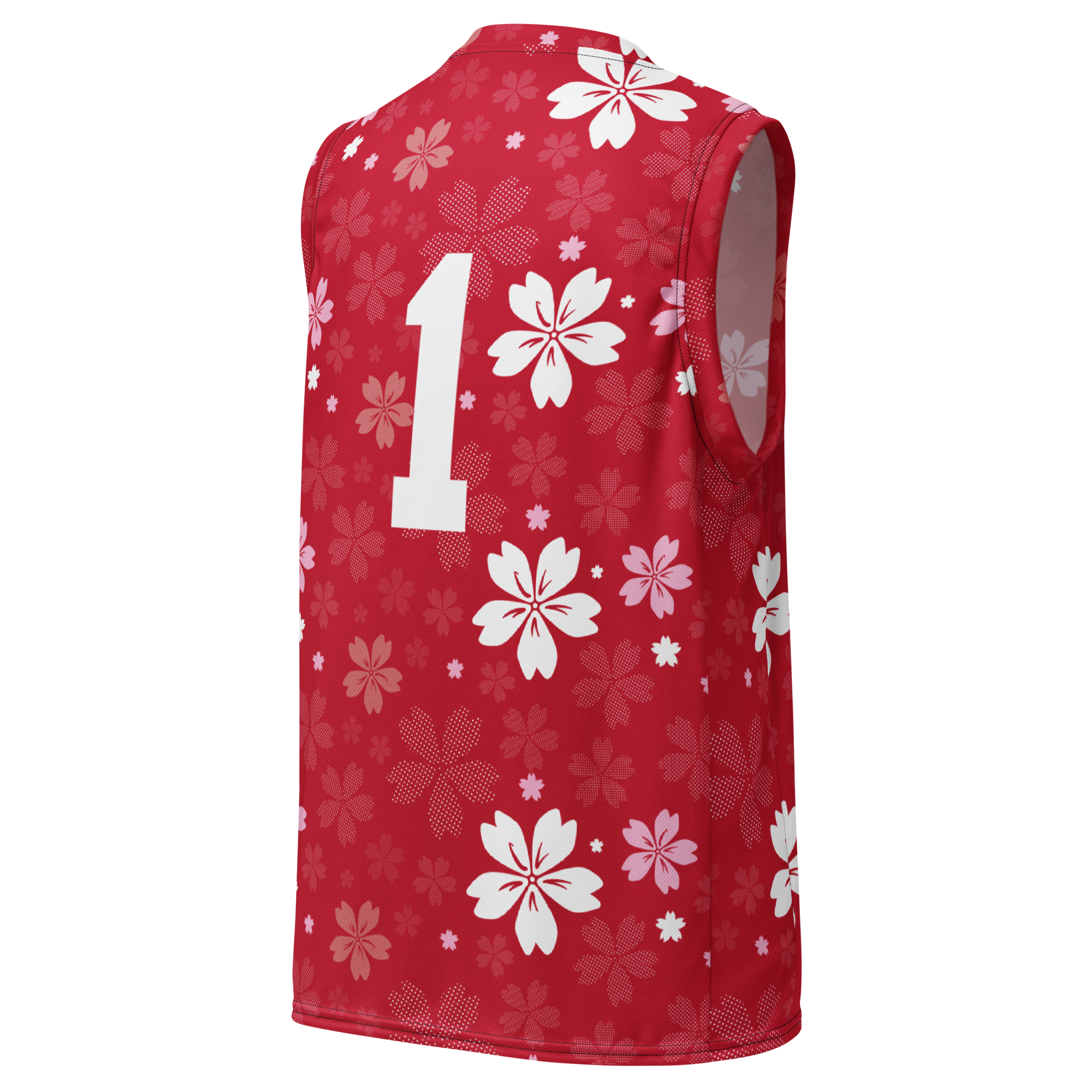
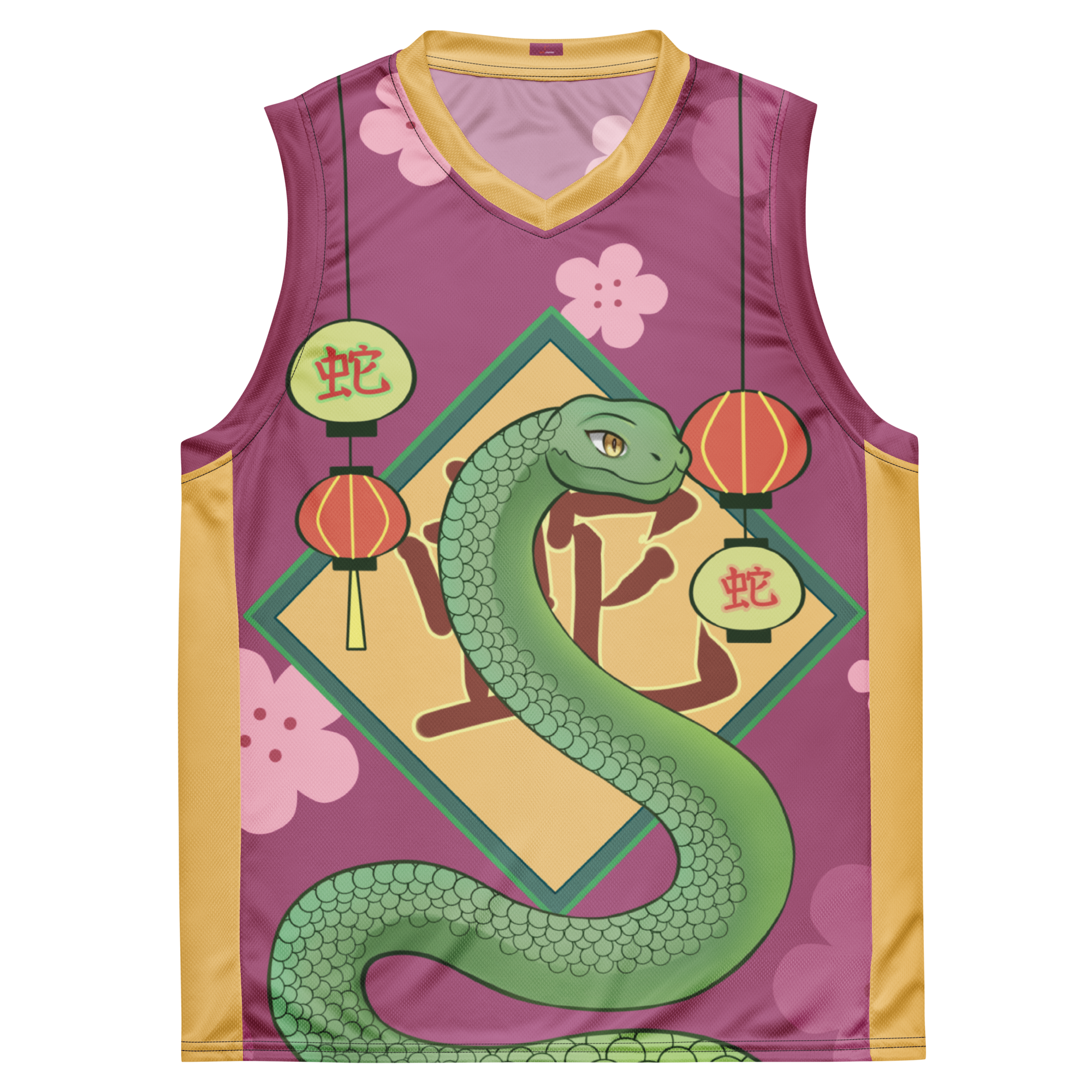
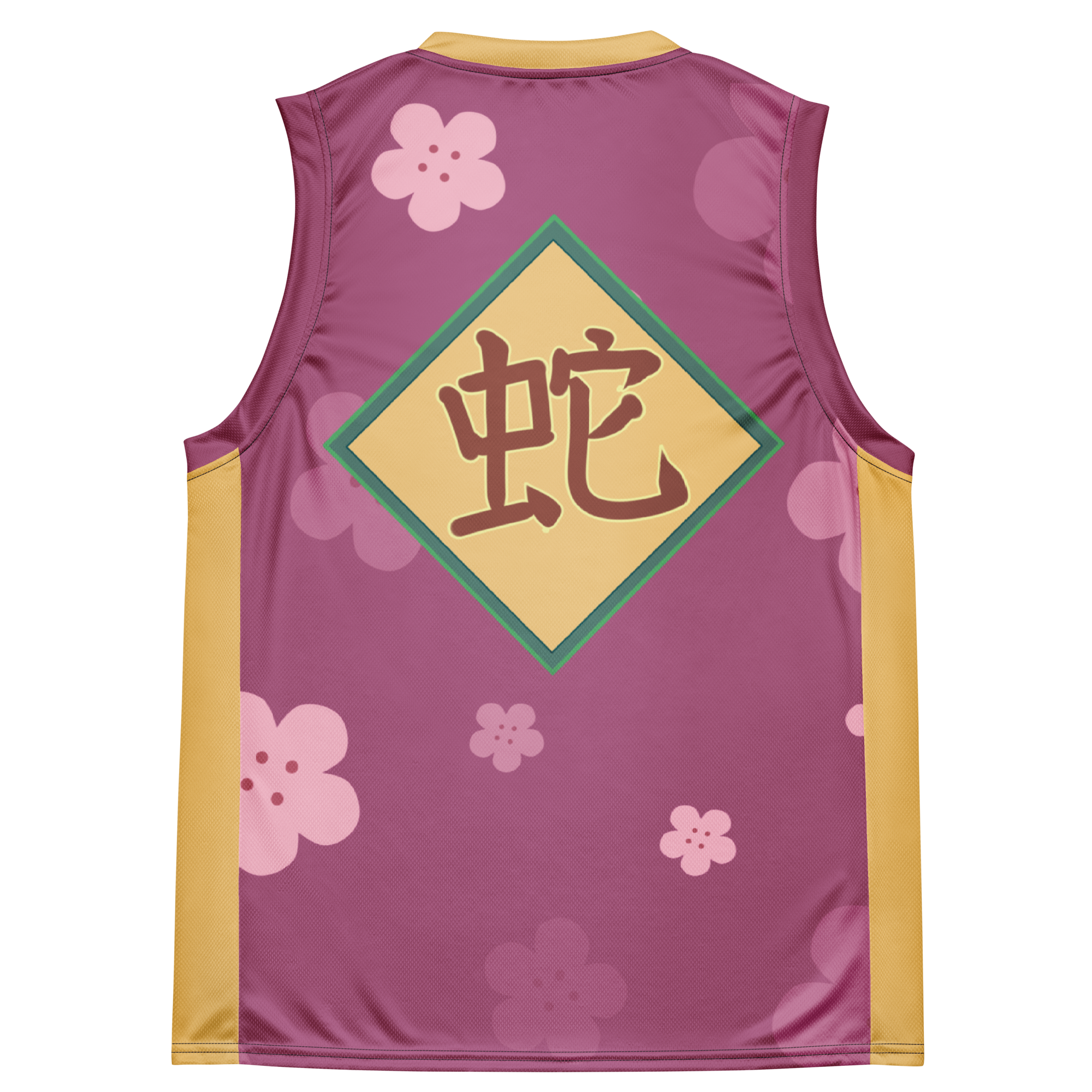
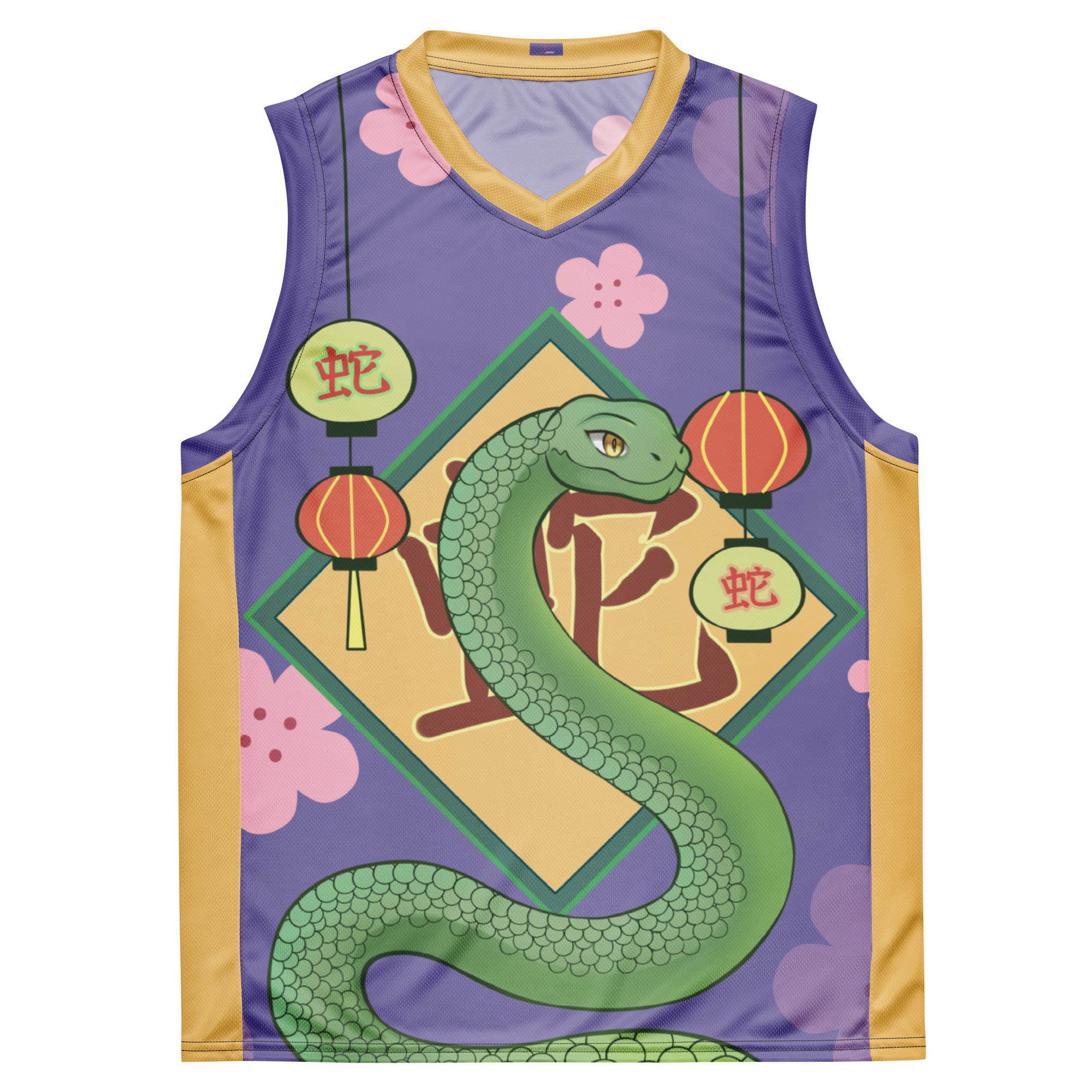
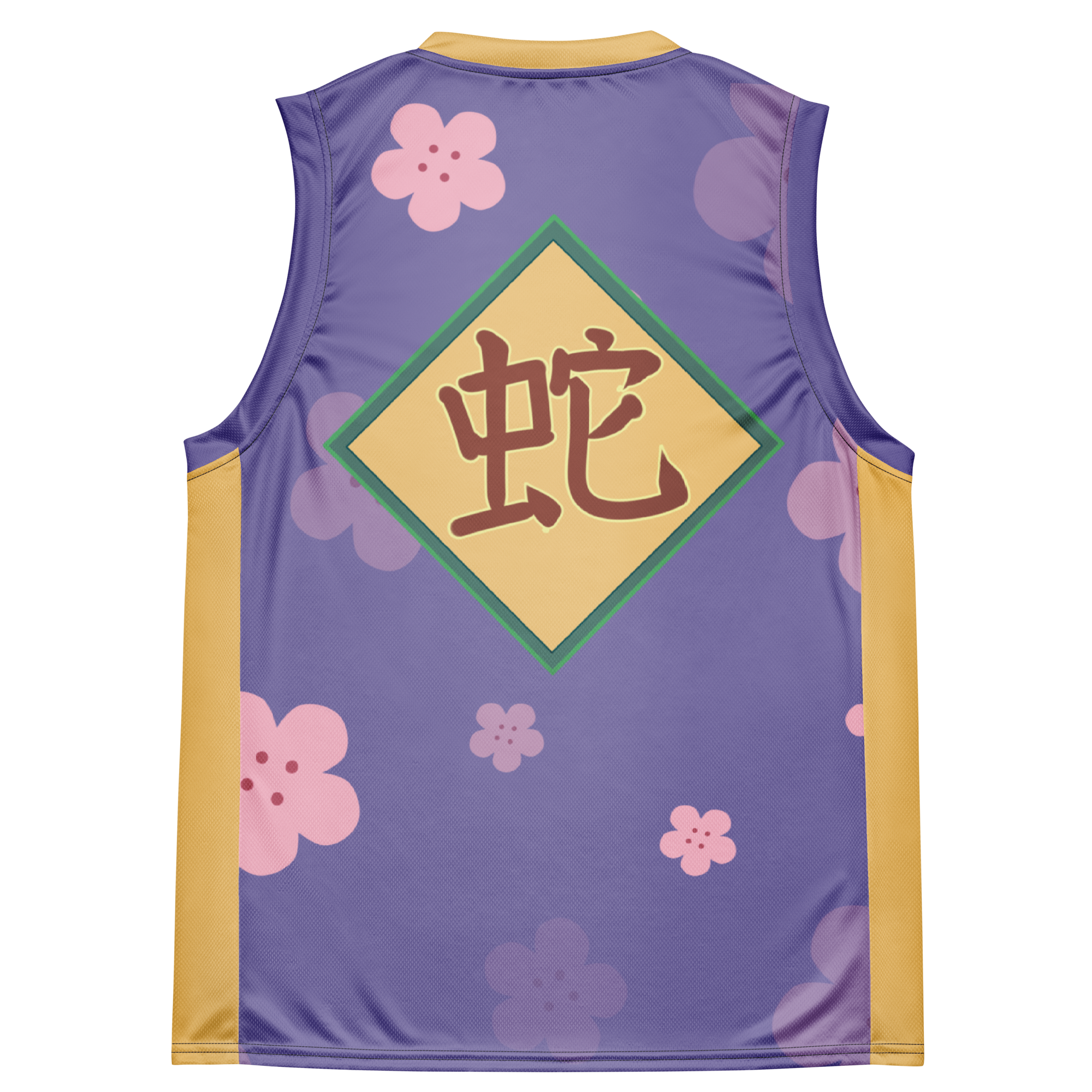
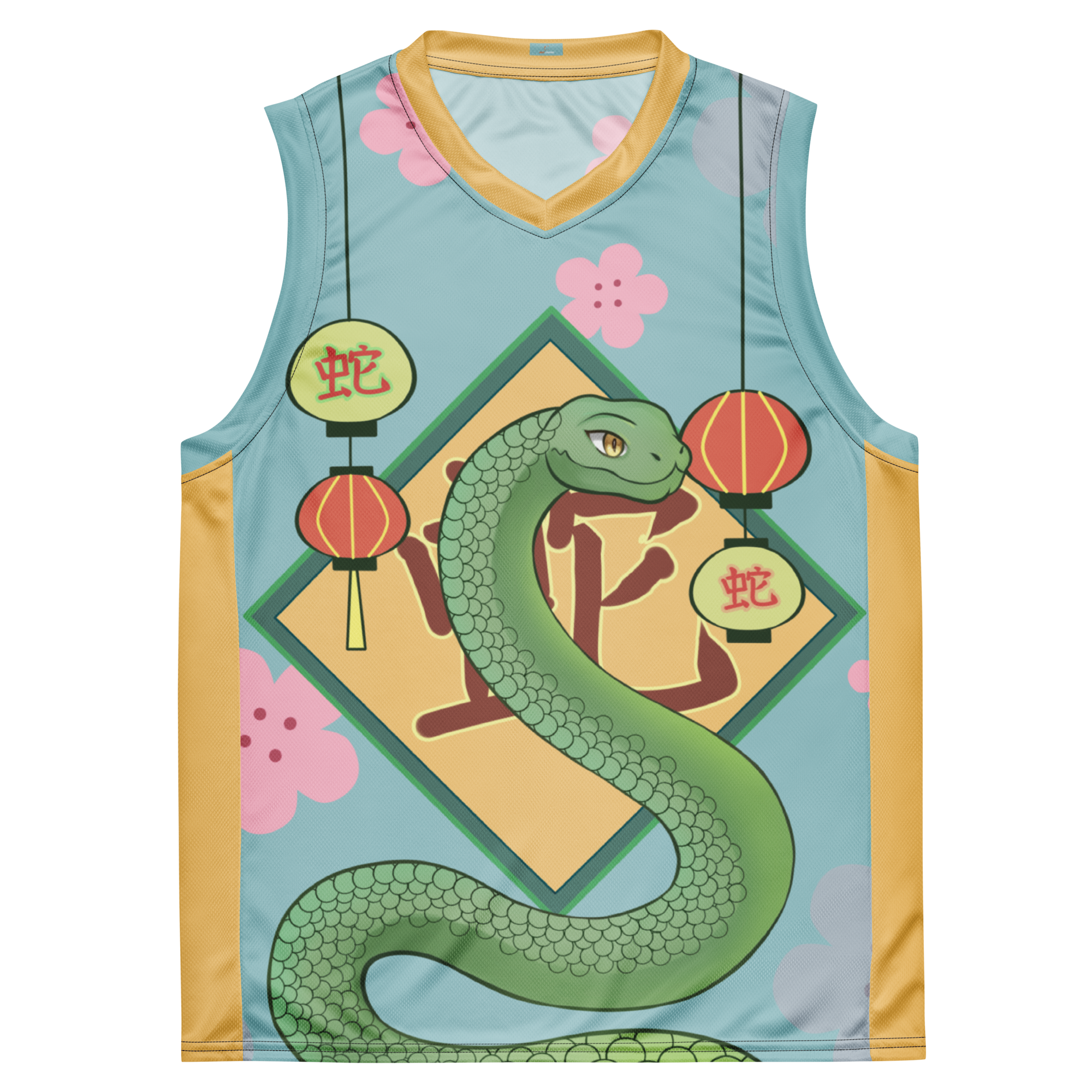
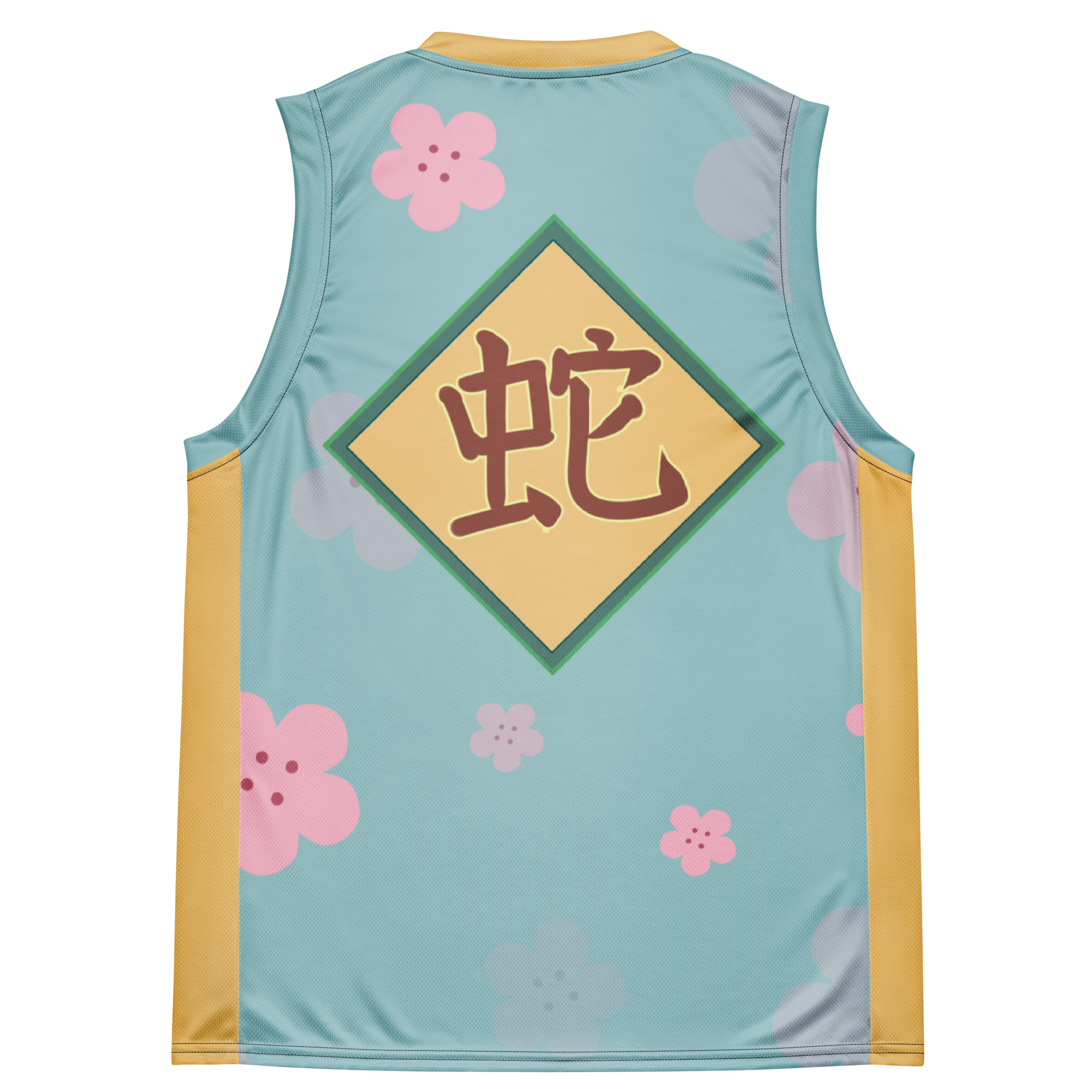














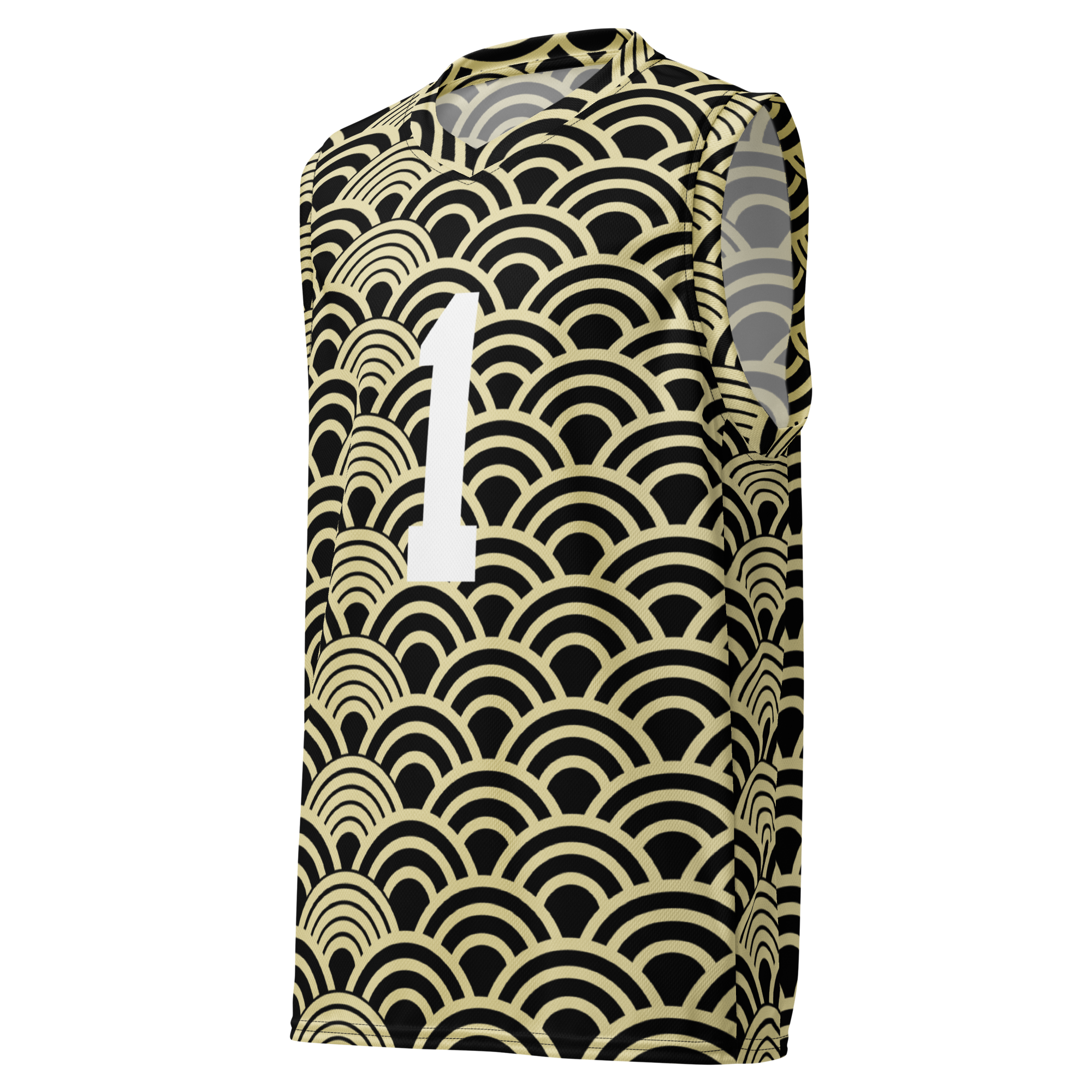
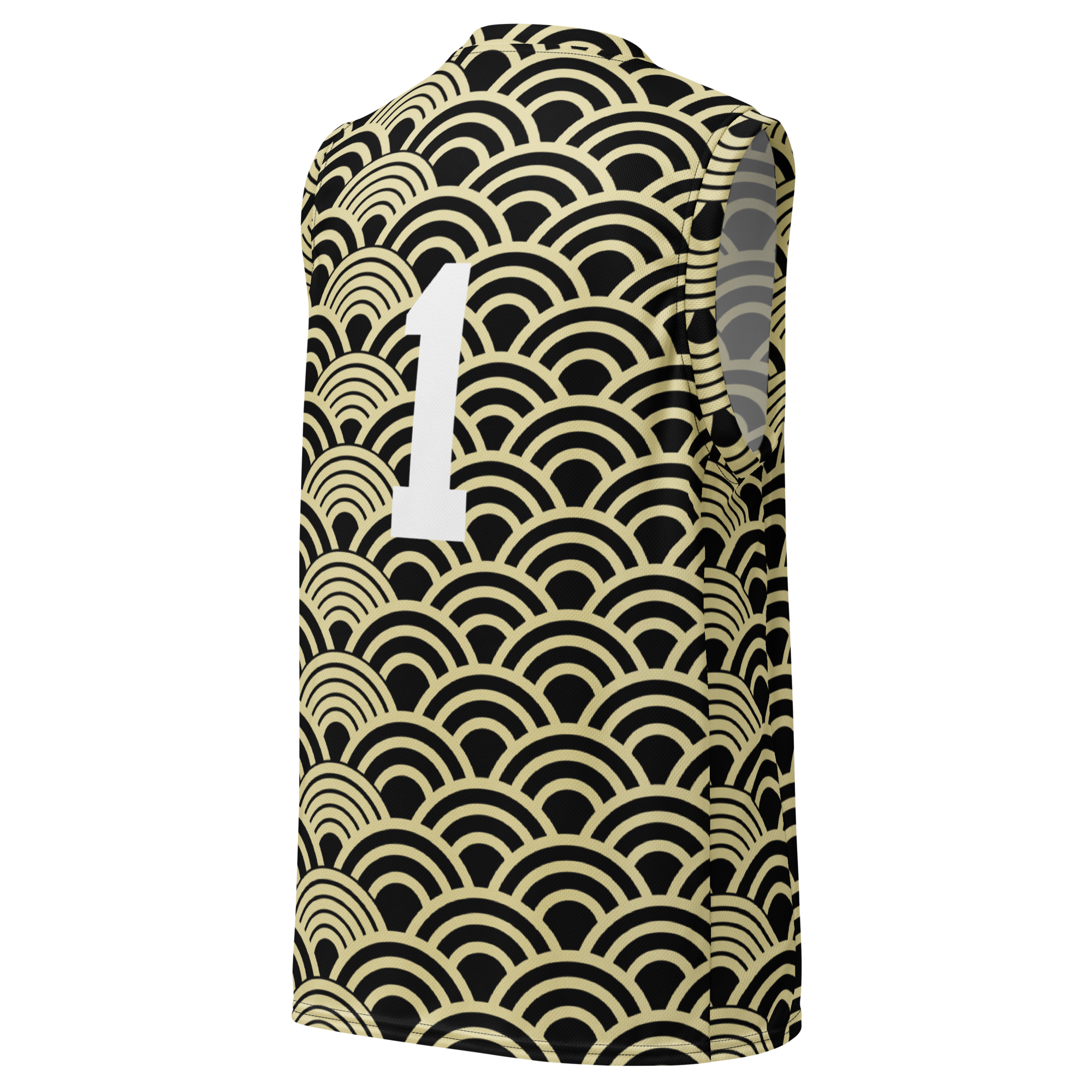
Dejar un comentario